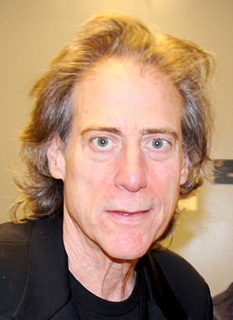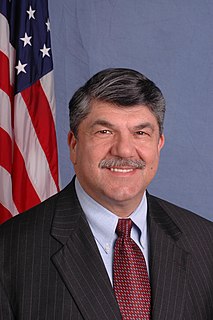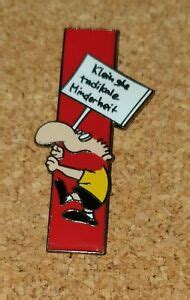A Quote by Roger Rees
Related Quotes
I particularly love where I work because I was born, raised, and still live in the Bronx. I work in a Bronx location, so it's very fulfilling to me to be working in my home borough, and working with kids that are a lot like me and who can see themselves in me. My own teaching philosophy is to expose them to books that they might not otherwise read, particularly authors of color, authors whose stories are based in New York City.
The church latched on to that old doctrine of original sin like a dog to a stick, and before you knew it, the whole gospel got twisted around it. Instead of being God’s big message of saving love for the whole world, the gospel became a little bit of secret information on how to solve the pesky legal problem of original sin.
For me, one of my life's mission is to disrupt these dated concepts of what it really looks like and means to be a working woman. The expression 'working man' is never heard in conjunction. But people still talk about this sort of 'working woman,' and there's a bit of negativity to that connotation.
At first critics classified authors as Ancients, that is to say, Greek and Latin authors, and Moderns, that is to say, every post-Classical Author. Then they classified them by eras, the Augustans, the Victorians, etc., and now they classify them by decades, the writers of the '30's, '40's, etc. Very soon, it seems, they will be labeling authors, like automobiles, by the year.
Michael Koryta isn’t just one of the finest authors working in the crime genre today. He’s simply one of today’s finest authors, period. His stories are taut, compelling, and beautifully rendered. His understanding of human nature-the good, the evil, and all the gray between-is masterful. THOSE WHO WISH ME DEAD is Koryta at his best.




































